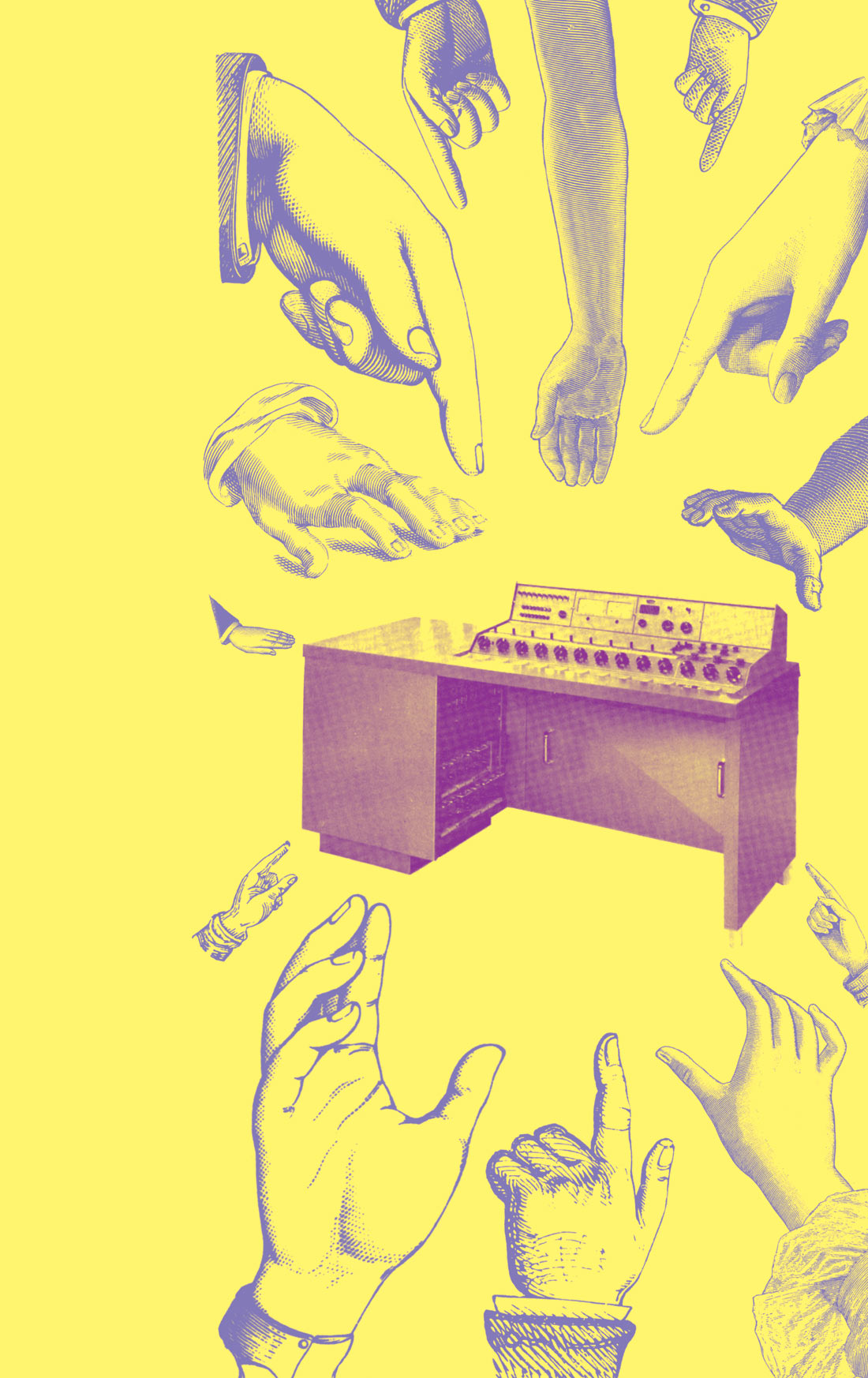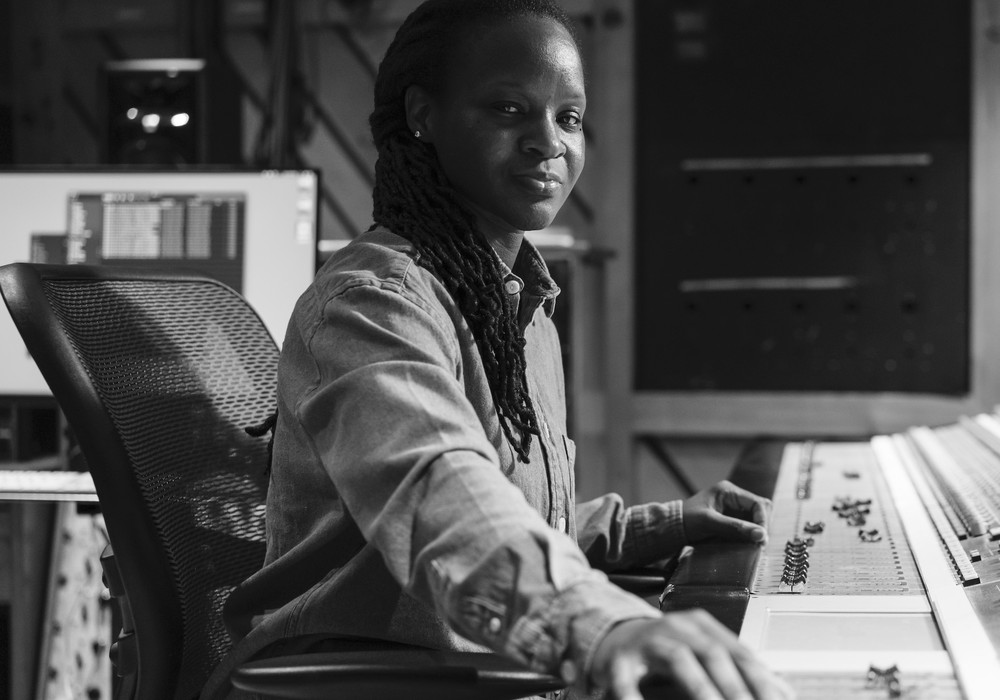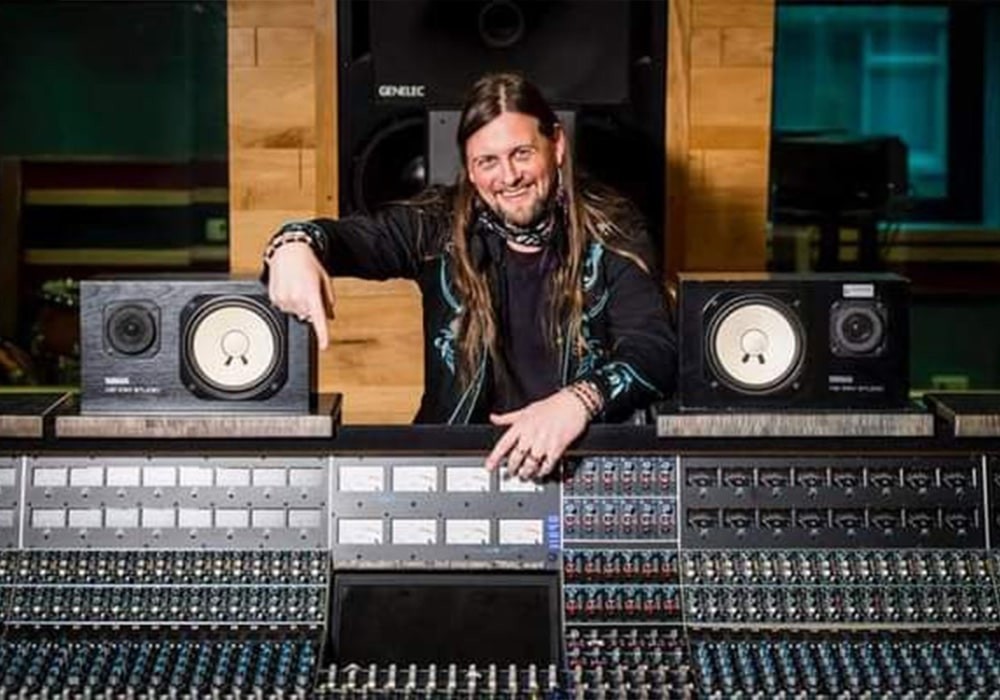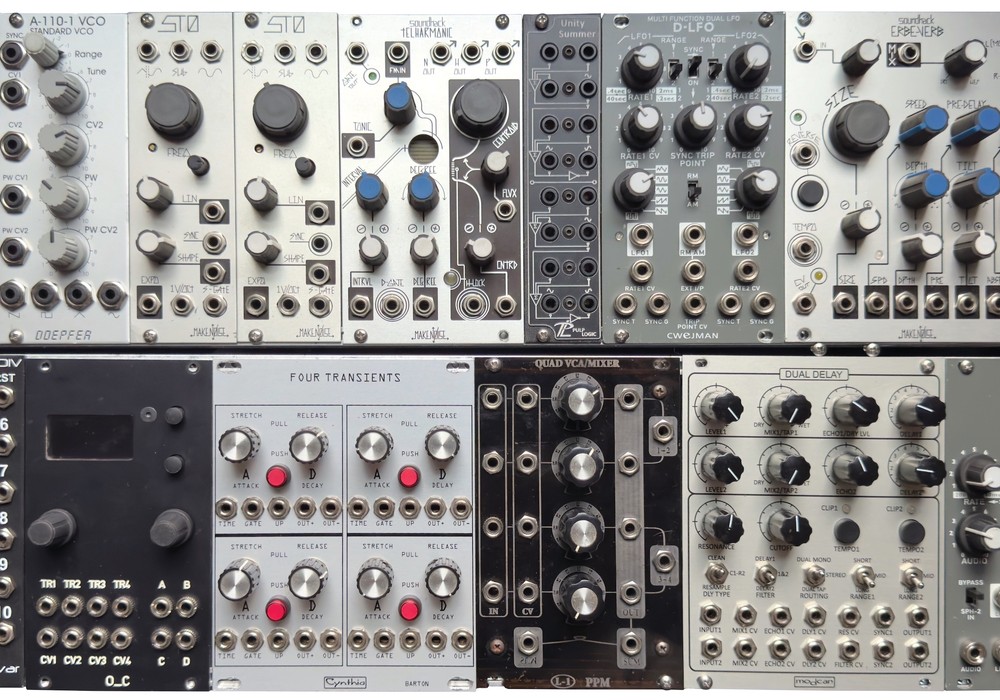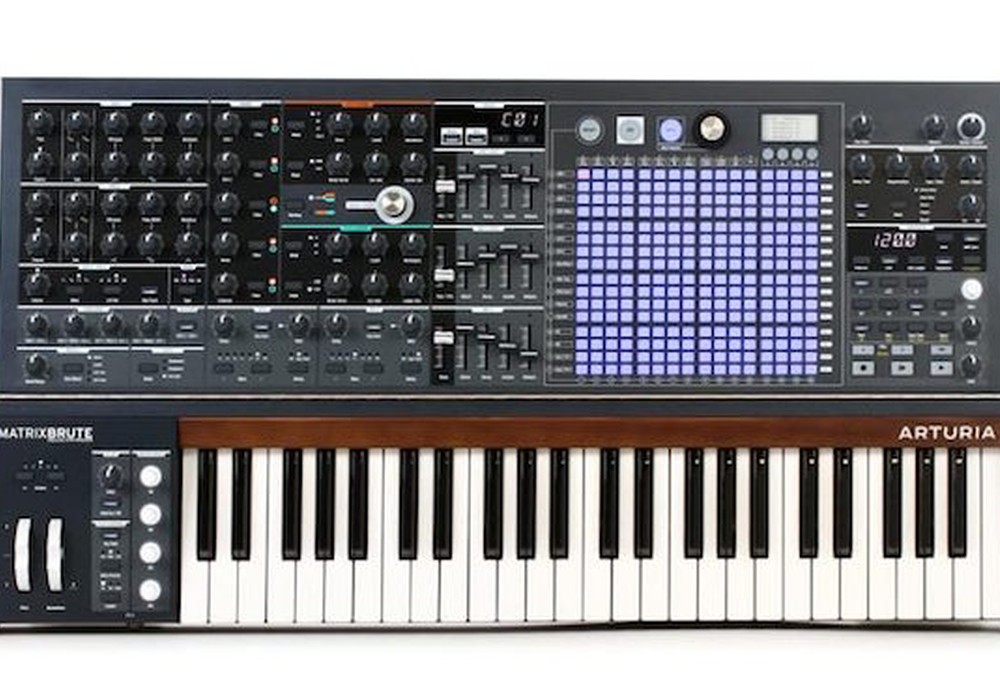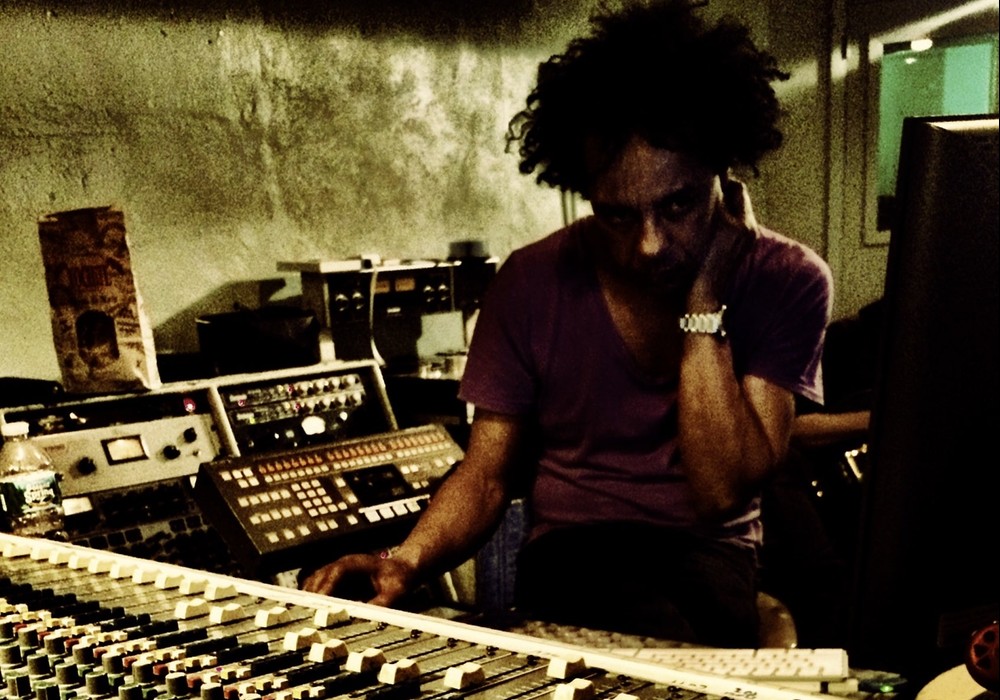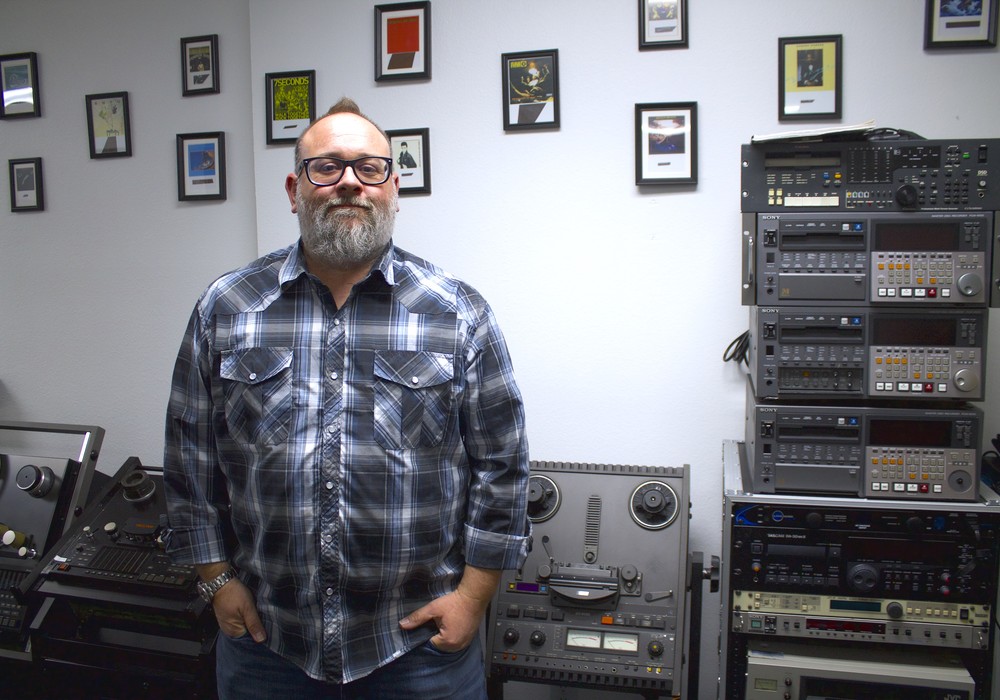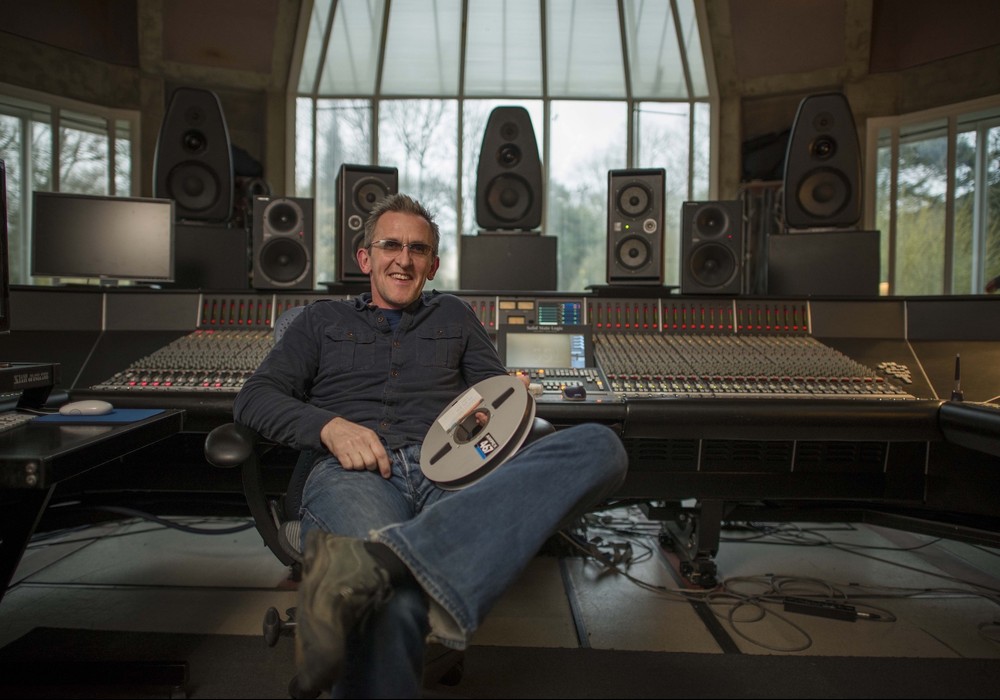When I first started recording music, my first purchase was a trusty and reliable TEAC 3340 4-track reel to reel recorder. That deck worked great for many years. I later upgraded to a Fostex 8-track, then a 16- track, then 3 ADATs and eventually an MCI 2" 24-track, that I run mainly with a 16-track headstack now. I love my tape decks. I love the massiveness and solidity of both the decks and the media that they record onto. Conversely, I hate computers. I think that's because I make my living with them doing graphic design and sit in front of them all day long. Nonetheless, if I was thinking about building a studio today, I would seriously consider going the tapeless route. Why? Well, for one, it's really cheap and storage mediums (hard drives, etc.) are getting cheaper daily. Secondly, a lot of the newer 24-bit 96k systems sound pretty damn good. Thirdly, as much as I like my analog decks, I hate maintaining and repairing them. Anybody who has an analog deck knows what I mean. Parts are hard to find and so are people who know how to fix them when you get in over your head. Computers overall, are pretty damn reliable and when they break, it's comparatively pretty cheap to fix or replace. And lastly, the combination of hardware and software that's available now is pretty versatile, but you already knew that from reading all the "Tape is dead" articles in all the other mags. I doubt tape will die anymore than books or movies died with the advent of television. But just as television changed the way people absorb information, computer recording will change how we record music in the future in ways that we can't yet entirely predict.
In this article, we will look at some of the different multi-channel hard drive interfaces in the $1000 and under price range and discuss the pros and cons of them. We've tested as many as we could get our hands on, but there will doubtless be ones we've missed or came out after we went to press, so consider this article a starting point and then do your own research if you want to dive into multi-channel hard drive recording on your PC. -John Botch
The minimum requirements...
...for a computer based hard drive recording system are a computer that is fast enough for what you want to do, a hard drive that is fast enough to keep up and has enough storage capacity, recording software and an interface that does Analog to Digital and Digital to Analog conversion (ADA). For this article, we are focusing primarily on interfaces that have at least four analog inputs and outputs that can be connected to an analog mixing console if desired. While you might get by with older, slower computers for stereo audio, for multi-channel use you need something a bit faster and newer. Luckily, computers are pretty cheap now. The first thing you'll need to decide is which platform to use, PC or Macintosh. If you already have a computer, this may be a moot point. Both have advantages. The PC is good because it's fast and cheap and there's a lot of good software and hardware available for PCs. The downside is that they're much more difficult to configure. Macs on the other hand are pricier and have less support and a smaller installed user base. At the top of the line, Macs are very fast and are easier to set up and use. Of the half a dozen people I spoke too while researching this article, the Mac vs. PC camp was split almost down the middle although there was a bias towards the Mac on the high end. Minimum suggested Mac Requirements are usually a G3 or better with 96- 128 MB of RAM, while on the PC side, you'll want a 250-300 mHz Pentium with 128 megs of RAM. The hard drive you record onto is especially crucial. I spoke with Bob Cacciatore at Xistor, <www.xistor.com> a company that specializes in digital audio storage mediums, and he strongly recommends using a SCSI drive, because they're 'smarter' due to RAM caching. Ultra-wide is the best, if you can afford it and you'll want at least a 10 gig drive, preferably an external drive, with all of your applications and system on the internal drive. Crucial factors to address when buying a drive are seek times, density, rotational speed and data throughput.
Should you buy a Pro Tools system?
Pro Tools is the de facto standard for hard drive recording in most professional studios, much like two inch tape is for analog studios. Unlike most of the newer systems that use a PC for much of the processing and DSP, Pro Tools is an integrated and proprietary hardware and software system. With very few exceptions (See the MOTU section), you'll need Digidesign software and hardware to run Pro Tools. As this is a product with years of research and user feedback behind it, it works very well and has lots of support from third party manufacturers. So, if you want to be able to transport your tracks to other studios to work on them, for overdubs or mixing for example, Pro Tools compatibility is essential. On the other hand if you plan to be working primarily in your own studio and starting and finishing all your projects there, then Pro Tools is not essential. In fact, there are quite a few systems available for much less money and with even better specs that might work just as well or even better for you.
Do you need an expandable system?
Most, but not all, of the audio cards today are expandable. But, most of them will also require additional PCI slots, which can be a problem. (The work around is to get a PCI expansion board) Some systems like the MOTU will support up to three interfaces from one PCI Card. In many cases, it's a software issue. The Gadget Labs boards, for instance, support multiple units on PCs, but not Macs. This may change in the future and is mainly just an issue of driver development. This may also be the case with other units. This is something to look at on a case by case instance, as it's constantly evolving.
Will you need to sync to tape?
This is beyond the scope of this article, but be aware that if this is something...
